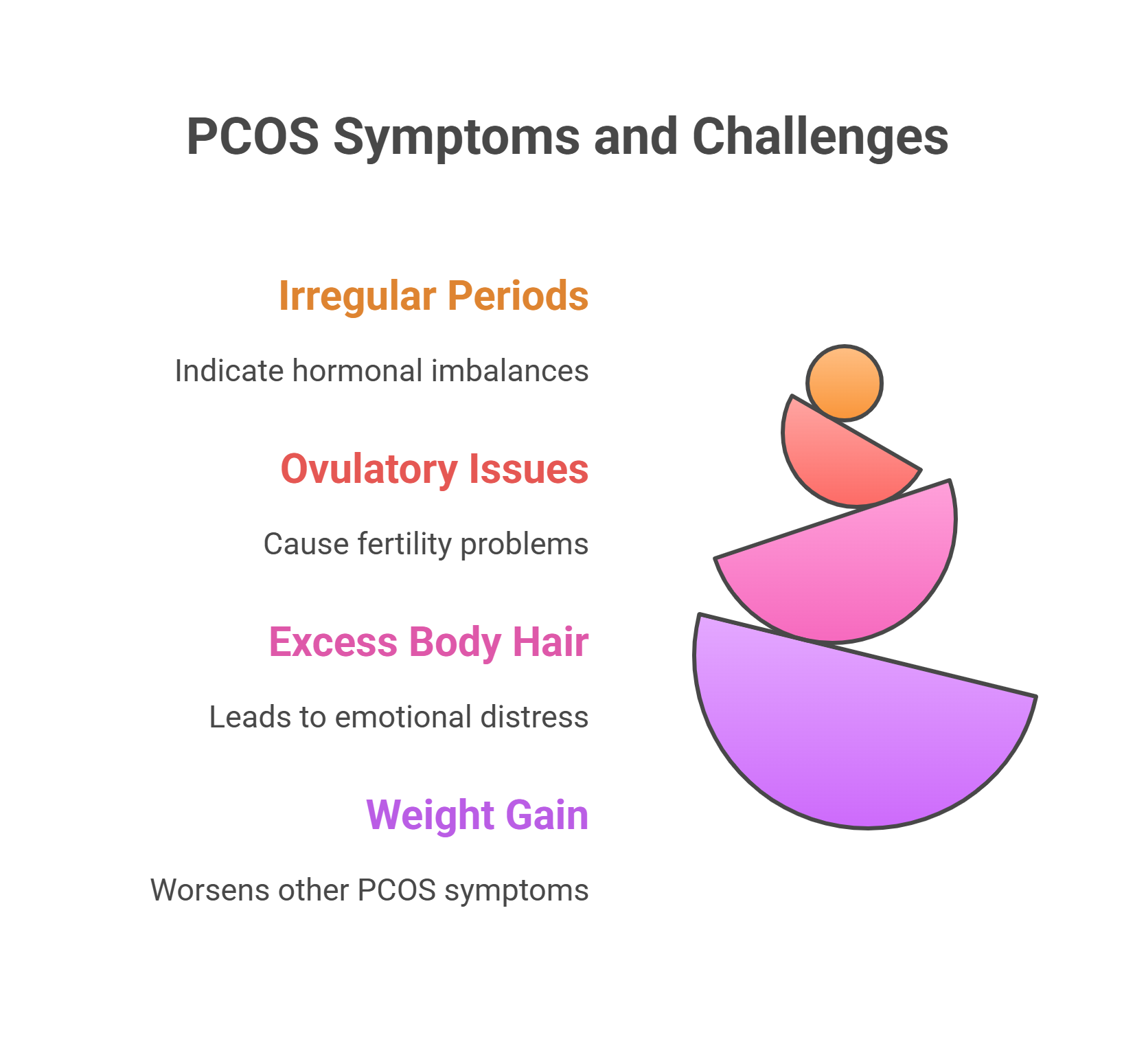
Understanding PCOS: A Key to Fertility Issues
Polycystic Ovary Syndrome (PCOS) is a prevalent hormonal disorder impacting many women worldwide. Despite its commonality, understanding PCOS can be complex, and recognizing its symptoms is crucial, especially for those seeking fertility advice. This article breaks down the essentials of PCOS, elucidating how it affects reproductive health and what to look out for.
What is PCOS?
PCOS is characterized by a hormonal imbalance that can lead to irregular menstrual cycles, excessive hair growth, acne, and weight gain, among other symptoms. The condition is often overlooked in discussions about women's health, yet it plays a significant role in fertility challenges faced by many. Recognizing the symptoms early can lead to better management and treatment options, ultimately aiding those trying to conceive.
Symptoms to Watch For
Women with PCOS may experience a variety of symptoms, some of which overlap with other conditions. Common indicators include:
Irregular Periods: Skipping months or having extremely light cycles are major signs.
Ovulatory Issues: Difficulty ovulating can result in problems conceiving.
Excess Body Hair: Known as hirsutism, this can lead to emotional distress.
Weight Gain: Many women with PCOS struggle with their weight, which can exacerbate symptoms.
If you're experiencing these symptoms, consulting a healthcare provider is crucial for diagnosis and appropriate management.
The Link Between PCOS and Fertility
PCOS is a leading cause of infertility among women. The hormonal imbalance can disrupt ovulation, making it challenging to conceive naturally. However, with proper diagnosis, many can explore various options, including lifestyle changes, medical treatment, and assisted reproductive technologies. Understanding your body and the implications of conditions like PCOS can empower women to take control of their reproductive health.

Managing PCOS for Better Outcomes
Through lifestyle adjustments such as maintaining a healthy diet, regular exercise, and weight management, women can mitigate the impacts of PCOS. Moreover, medications may be prescribed to regulate menstrual cycles and promote ovulation, making it an essential aspect of fertility treatment. The empowering message is that while PCOS complicates fertility, with targeted management, many women can achieve their pregnancy goals.
Final Thoughts
PCOS is not just a women's issue; it is also a challenge that affects families and communities. Heightening awareness and understanding of this condition can lead to better healthcare support and outcomes. If you suspect you have PCOS or are struggling with fertility, seek guidance from healthcare professionals who can tailor a plan suited to your needs.
For more information on managing PCOS and improving your chances of conception, please consult a healthcare provider or specialist.
 Add Row
Add Row  Add
Add 




Write A Comment